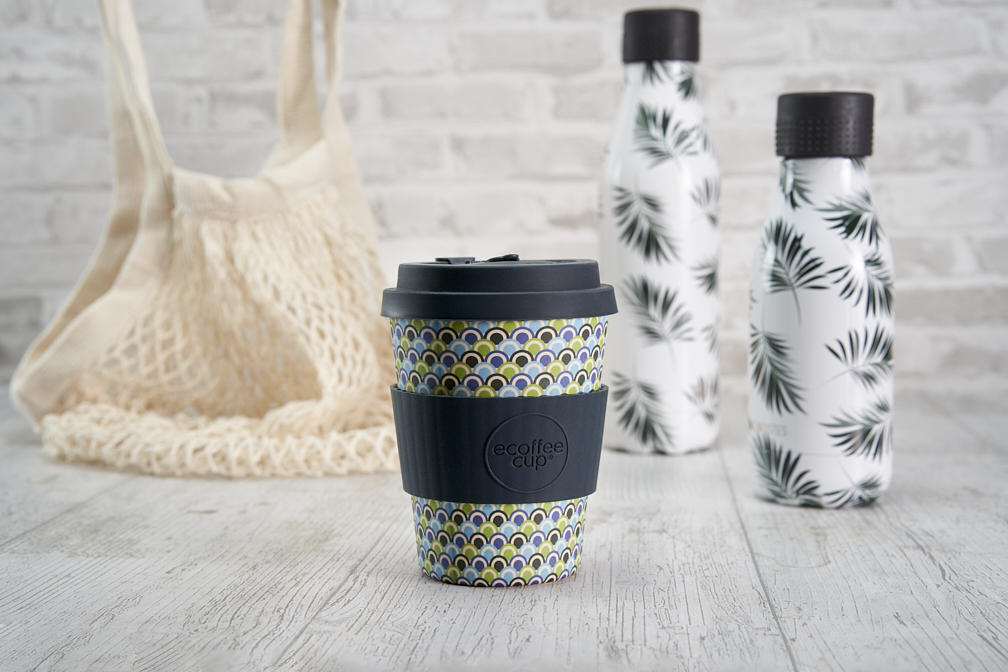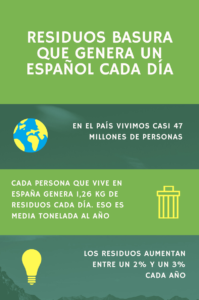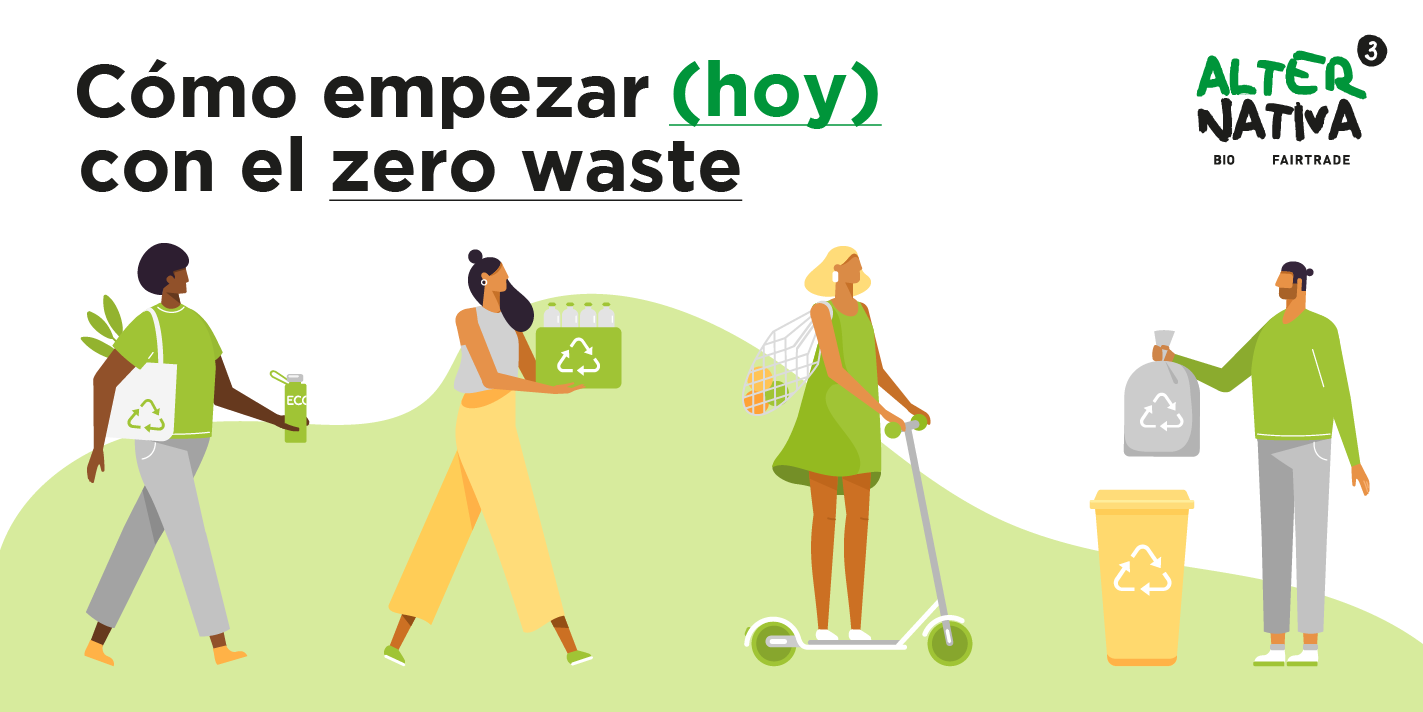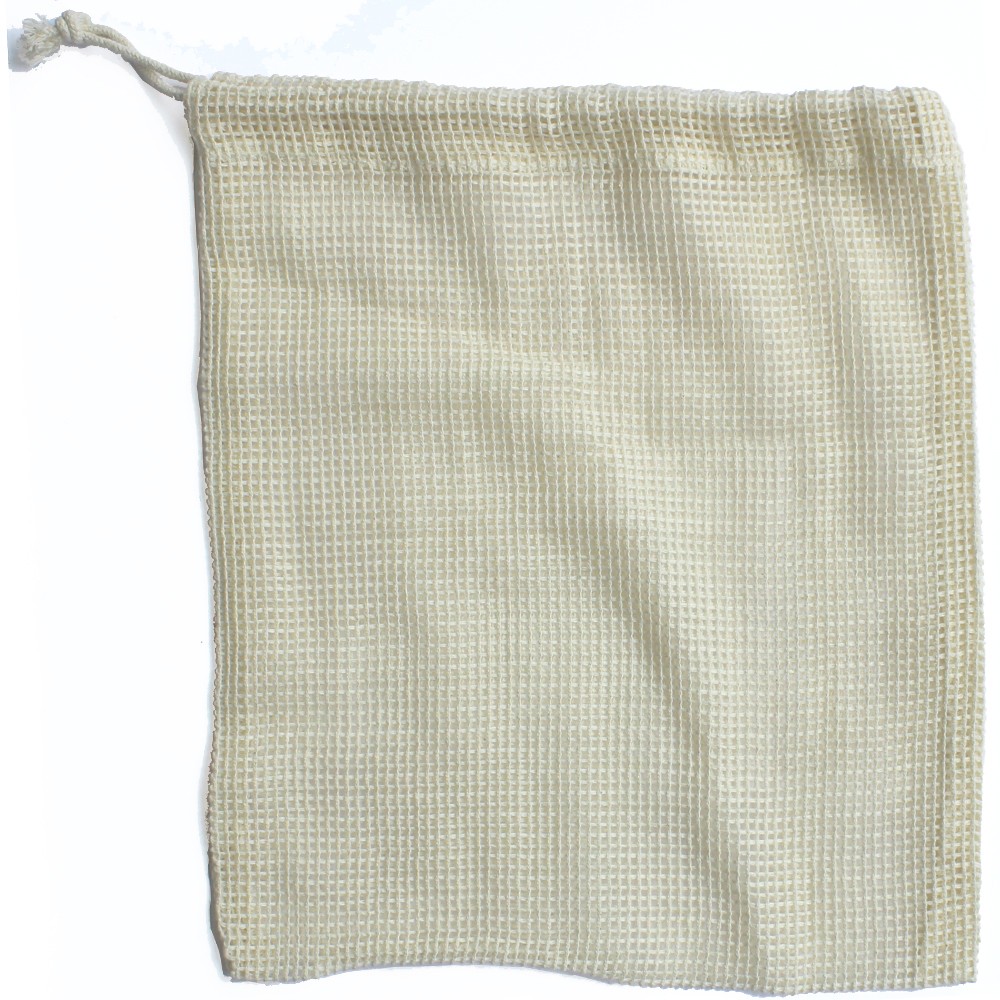Author: Eugenia González.
What does Zero Waste mean, can you really live without waste, what can you do to avoid single-use plastic, and what is the relationship between Fair Trade and Zero Waste? And what is the relationship between Fair Trade and Zero Waste?
You've heard of Zero Waste, a philosophy of life that aims to reduce the waste you generate every day.
You find it logical, you see that it is necessary. But it becomes a mountain.
How can we reduce the amount of plastic in food packaging, and is it possible to combine the rush of modern life with the planning it requires?
You can imagine that perhaps a person living alone can more easily control the waste he or she generates. But what about a family?
I'll tell you:
I have been at Zero Waste for a year and a half. I do the best I can and, it's true, sometimes it's complicated... But I have found a practical way to live Zero Waste without being overwhelmed.
Here I explain 2 concrete and easy actions to get you started today. Really, Yes, it can.

What is Zero Waste?
Zero Waste is a philosophy that proposes the need to reduce your footprint on the planet. Therefore, what it proposes is that you reduce the waste you generate.
How can a (normal) person practice Zero Waste?
To take action, Zero Waste recommends the 4Rs strategy:
- Reject
- Reduce
- Reuse
- Recycle
Many people and companies believe that, if we generate waste, the best solution is to Recycle.
But, if you look closely, recycling is not the first R... it's the last one! Why? Because recycling requires energy and also pollutes. And it means that we accept the current production model (which is not sustainable).
You see, don't you? Recycling all the rubbish is not the solution (and, in the long run, it is impossible).

How can I practice the 4Rs?
With patience and humour. You'll see, it's quite a change.
- Reject. In other words, to say no.
That flyer you get on the street that you won't read? The calendar you get that you don't need? The takeaway coffee lid? Smile, but say no. Benefits? Less rubbish, more awareness and a brutal feeling of lightness.
- Reduce. That is the key to responsible consumption. Buy only what you need.
This one really revolutionised my life. Apart from the savings, when you start buying only what you need, you feel a peace of mind that is incomparable.
- Reuse. This is very interesting and will open up a world of possibilities. Bartering, second-hand shops, flea markets...
Now, before I buy something new, I send a WhatsApp message to my family: Does anyone have a spare rucksack? Who can lend me the drill for an afternoon?
Yesterday my mother gave me a tablecloth and 6 super nice napkins that I had forgotten in a drawer. Most people are delighted when they can give away things they don't use and free up space in their house.
It's quite an adventure and giving things a second (or third, or fourth life) will give you great personal satisfaction.
- Recycle. You already know that one.

Many people believe that the Sustainable Development Goals of the 2030 Agenda depend only on governments or companies.
They see the Goals as distant and feel powerless, because they do not know how to contribute.
But there are many concrete actions you can take today. One of the most powerful of these is Zero Waste.
Is there a link between Zero Waste and Fair Trade?
When I first became interested in Fair Trade I saw that many companies trading Fair Trade products also offered Zero Waste products.
At first I didn't understand it. I even thought it was some kind of marketing strategy. But now I see that the situation is very different.
Fair Trade and Zero Waste have the same objective and are two paths that lead to the same solution.
- Do you remember what Zero Waste proposes? To change habits in your daily life to reduce your waste. With what aim? To protect people and the environment.
- What does Fair Trade offer you?To change some of your shopping habits and replace commonly consumed products with more ethical and sustainable alternatives. With what aim? To protect people and the environment.
In short, they both seek Sustainable Development.
In the end, it is all about practical strategies to achieve what is absolutely necessary:
- Eradicating hunger
- Curbing climate change
- Creating a fairer world
How to get started with Zero Waste?
First phase: water bottle and cotton bags.
Really, that's how I started.
I made it easy for myself, I didn't want to do everything at once and, step by step, I expanded my actions.
The water bottle
Do you know how many plastic bottles are bought EVERY SECOND in the world? 20 000.
You probably carry a bottle of water in your bag or rucksack. Or you have one at your workplace, next to your computer. Replace it with a non-disposable one.
I started with the glass ones, but they were too heavy (and yes, one day one of them broke in my bag and it was quite a story).
Now I use these from AlterNativa3They keep the cold for 24h, keep the heat for 12h, you have several sizes and a lot of cool designs.
Cotton bags
They are useful for not using bags from supermarkets, greengrocers, etc. Small ones for cereals and nuts, larger ones for vegetables or bread...
You can buy them, sew your own with any piece of fabric you have at home...
Or, the simplest option, the one I started with: reusing the bags I was given at the supermarket. It's as simple as that.
Later on, you may want to buy others. I like the ones in the photo.
They are made in India by the fair trade organisation Fair Gift. With the purchase of this bag you contribute to the women who make them to have better living conditions thanks to the fruit of their work.
They are handmade, hard-wearing and 100% cotton.
Shall we take action?
If I've been able to do it, so can you. The trick? Start small, work your way up to something easy. Don't get overwhelmed.
One day, take the cloth bags to the supermarket and see how you feel. If another day you're in a hurry and leave them at home, that's fine. Don't get discouraged. Take them the next day.
I practice Zero Waste. I do it very imperfectly, but I do it. I made the commitment a year and a half ago and I'm still making progress.
Remember: reusable bottle, cotton bags and bar of soap. With these three elements you can revolutionise the world. Where do you want to start?
If you need more information, here is a list of resources:
First, the books:
- I started with this one, a little gem: "Living without plastic: Tips, experiences and ideas to give the planet a break" (Zenith Green, 2019). The authors, Patricia Reina and Fernando Gómez, are a couple and they explain how to make the transition to living without plastic (with a lot of humour and common sense).
- One of the driving forces behind the Zero Waste movement is Bea Johnson, a mother who explained in her blog her journey to live as a family and reduce the waste they generated as much as possible. The blog became this book: "Residuo Cero En Casa. Guía doméstica para simplificar nuestra vida" In Spanish it was published by Pol-len edicions (El Tinter SAL).
- And finally, "Y NOW WHAT DO I DO: How to avoid climate guilt and take action". In this book from 2021, published by Capitán Swing, environmentalist Andreu Escrivà analyses the current situation and provides you with food for thought.
Responsible shopping:
- Organic and Fairtrade products + Zero Waste products https://alternativa3.com/ca
- List of more than 100 Fairtrade shops in Spain https://comerciojusto.org/tiendas/
- And here, solidarity at a click: 16 Fairtrade online shops: https://comerciojusto.org/tiendas/tiendas-on-line/
- This website specialises in Zero Waste products (personal hygiene, stationery, parenting, household...). https://www.ceroresiduo.com/


